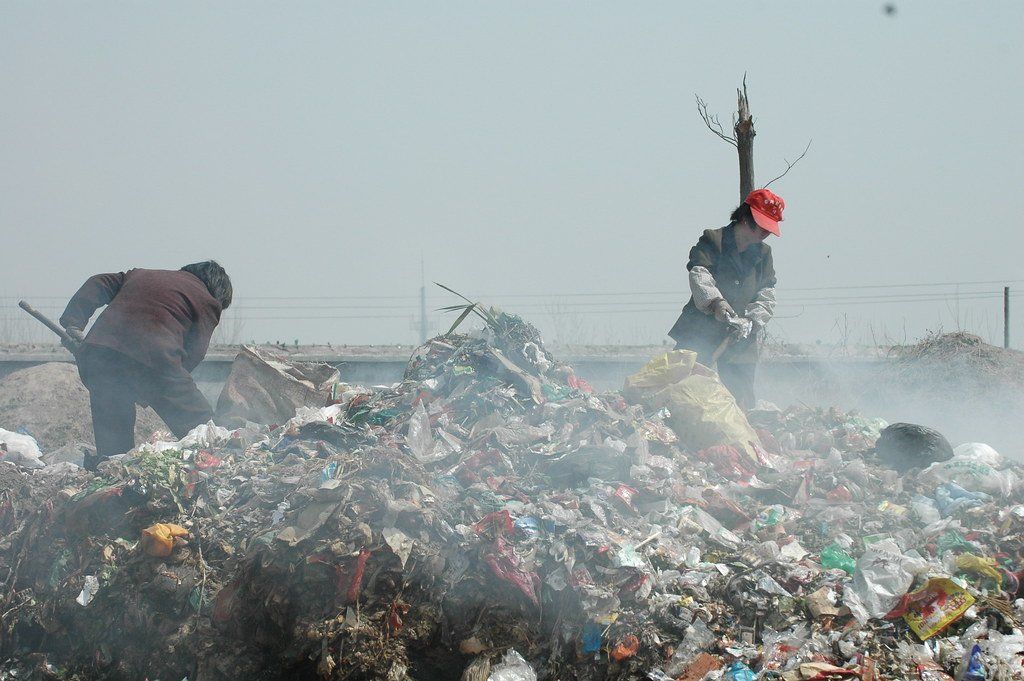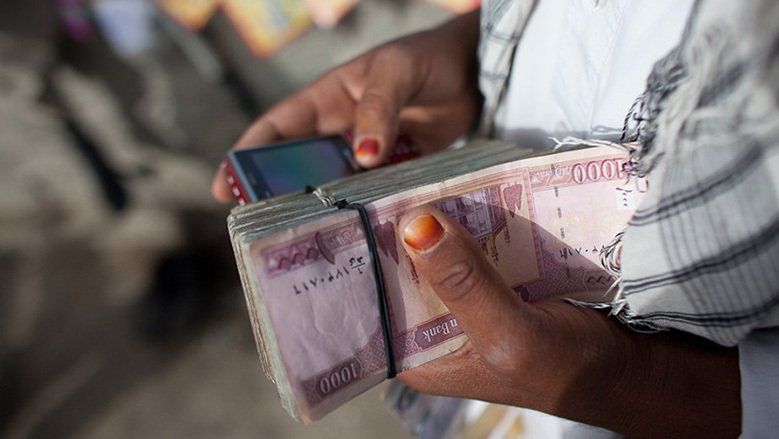HOME / insights
Sharing insight and knowledge globally
featured insights
Video Brief
Keeping Evaluation Human
There’s a lot of hype about AI. And yes, it can help – especially with old fashioned hard work. But evaluation isn’t just about processing information. It’s about sense-making. About relationships. About reading between the lines. And no machine can do that better than we can.
So we see AI as a junior assistant: helpful in parts, but not in charge. The job of the evaluator remains the same — to listen well, synthesize carefully, and build the kind of trust that no algorithm can replicate.
Video Brief
Embedding Learning in Evaluations: Principles and Tactics
Strategic evaluations should not merely assess performance – they should help shape it. In this sense, evaluations become coaching opportunities for Senior Management – chances to pause, reflect, adapt, and grow. By embedding reflection, co-creation, safe dialogue, and user-centered design into the evaluation process, we help organizations turn these moments into catalysts for smarter strategies, stronger cultures, and more resilient futures.
Article
COP26: The role of food loss and waste in climate warming, loss of biodiversity and poor health
Food loss and waste globally accounts for an estimated 8 percent of annual GHG emissions, consumes a quarter of all water used by agriculture, and wastes enough agricultural land to cover the entirety of China. This article explores the economic and environmental case for tackling food loss and waste.
Article
Last Mile Investments in Resilience: Financing COP26 for the Poorest Countries
It is now well recognized that encouraging private sources of finance for sustainable development, risk management, and resilience will be essential in achieving the SDGs. However, efforts by mainstream sources of market finance, even if ‘innovative’ in design, may not always reach the ‘poorest of the poor’ because the latter are too remote or dispersed, their incomes are insufficient to pay for goods or services, or because the investments required are otherwise difficult to commercialize. Last mile, innovative financial mechanisms are therefore needed that support investments that either extend or link mainstream resilience initiatives to include the most vulnerable; and/or develop bespoke solutions for the most vulnerable.
all articles







